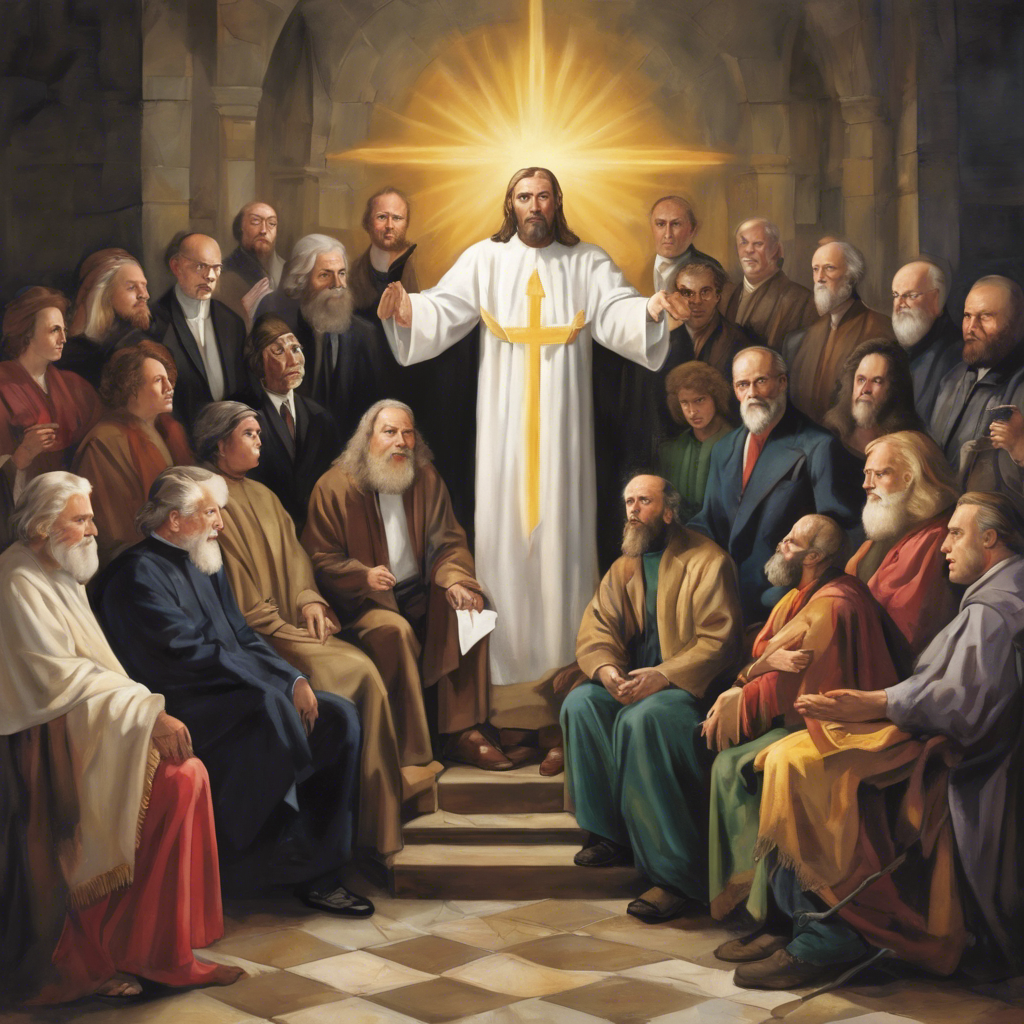The Unsettling Alliance: Evangelicals and the Quest for Power

Exploring the Complex Relationship Between Evangelicals and Politics
In the realm of American politics, the alliance between evangelicals and conservative candidates has long been a subject of fascination and controversy. The 2016 presidential election, in particular, shed light on the intricate dynamics at play within this religious and political movement. Journalist Tim Alberta’s book, “American Carnage,” offers a compelling exploration of the uneasy alliance between evangelicals and Donald Trump, revealing the motivations and desires that underpin their involvement in the political landscape.
A Shift in Evangelical Support
Alberta highlights a significant shift in evangelical support during the 2016 election. Initially resistant to Trump’s candidacy, much of the high-profile evangelical leadership rallied behind Ted Cruz. However, as Trump secured the Republican nomination, white evangelical figureheads began to coalesce around him. This support was not driven by shared values or ideological alignment, but instead by a transactional understanding. Trump promised evangelicals policy wins on issues like abortion, religious freedom, and cultural wars, while also offering them a newfound political empowerment.
The Desire for Impending Doom
One intriguing theme that emerges from Alberta’s interviews is the desire for impending doom among some evangelicals. Alberta’s interviewee expressed a belief that a major event, such as an uprising or revolution, was inevitable and even desired. This sentiment, according to Alberta, stems from years of exposure to prophetic talk within evangelical circles. The constant anticipation of a clash between the forces of good and evil leads some to look forward to such an event. The COVID-19 pandemic served as a significant moment in evangelical life, reinforcing the idea that their beliefs were under attack. The temporary closure of houses of worship due to public health measures was seen by many as the fulfillment of a prophecy, igniting a fervent response from evangelicals who felt prepared to defend their faith.
Embracing the Fray
Contrary to expectations, Alberta found that many evangelicals enthusiastically embraced the cultural clash they had long anticipated. Rather than reluctantly entering the political arena, they charged forward, viewing it as their duty to stand up for their beliefs. For these individuals, the collision between their faith and the broader culture was seen as a binary choice: either fight for God or become a cowardly collaborator. This fervor and readiness to engage in the fray surprised Alberta, highlighting the conviction and determination among evangelicals to defend their faith.
The Perception of Evangelical Influence
Alberta’s interviews shed light on the perception of evangelicals regarding the prevalence of their views among Americans. While feeling besieged on all sides, the evangelicals he spoke with believed in the strength of their numbers and their ability to sway election outcomes. This paradoxical belief in both their vulnerability and their inevitable triumph reflects the complex mindset of evangelicals, who see themselves as a powerful force within American society.
Conclusion:
The alliance between evangelicals and politics continues to captivate and perplex observers. Tim Alberta’s book, “American Carnage,” delves deep into the motivations and desires that drive this relationship. From the shift in evangelical support during the 2016 election to the desire for impending doom and the perception of their influence, Alberta’s interviews provide a multifaceted understanding of the evangelical movement’s role in American politics. As the future unfolds, the complex dynamics between evangelicals and politics will undoubtedly continue to shape the nation’s political landscape.

